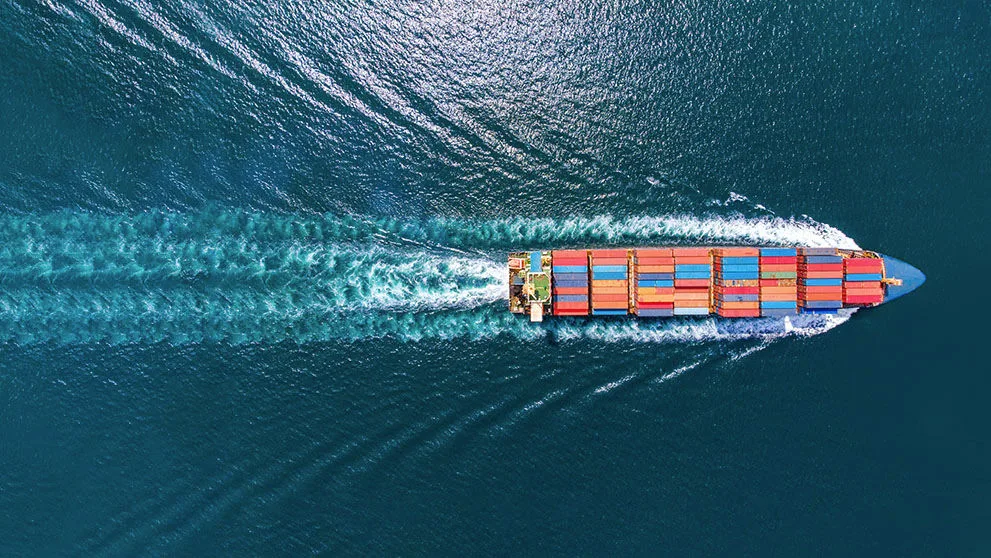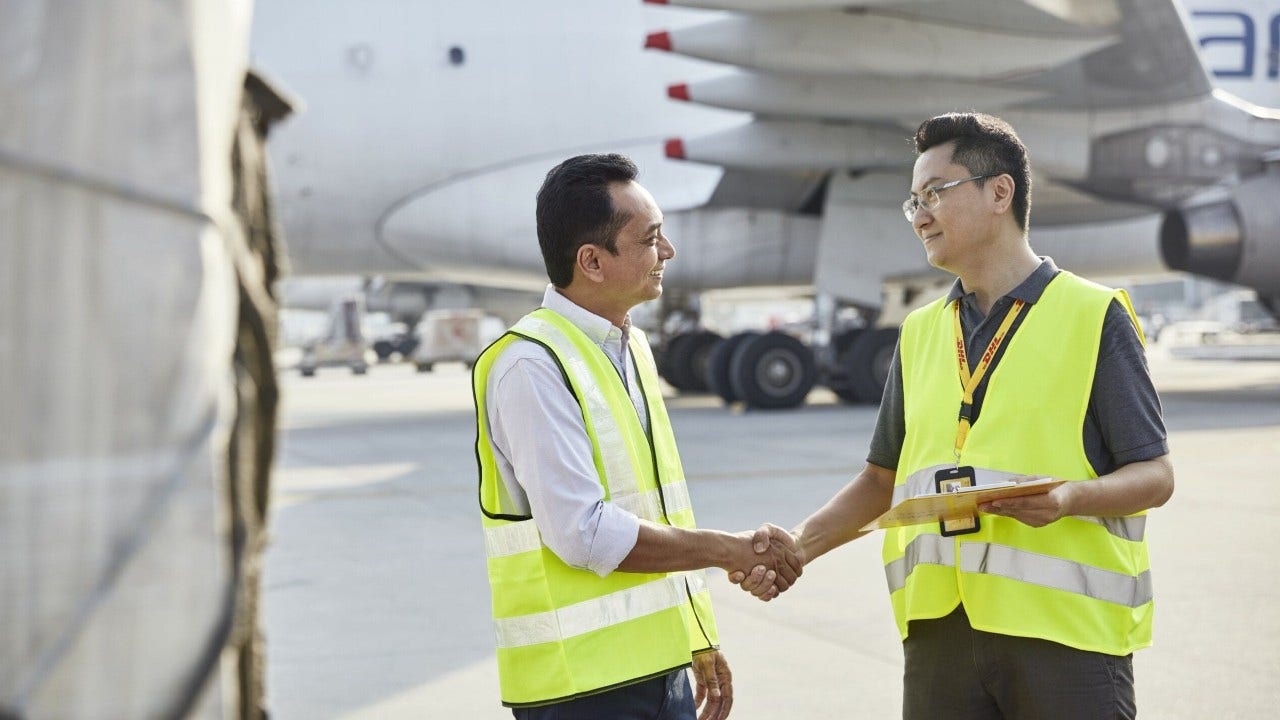
Malaysia and Australia have a strong bilateral relationship, with multiple trade agreements signed between the two countries. For example, this includes the Malaysia-Australia Free Trade Agreement (MAFTA) and the ASEAN-Australia-New Zealand FTA (AANZFTA).
These strong trade agreements make Australia a lucrative market for businesses looking to expand. However, to navigate this opportunity effectively, it's essential to understand Australia's import duties and taxes.
Types of import duties and taxes in Australia
Australia primarily charges 2 types of duties and taxes on all import shipments — customs duties and goods and service tax (GST).
Customs duty
Customs duty in Australia is applied based on the product’s tariff classification under the Working Tariff and whether it qualifies for a free-trade agreement (FTA) rate.
A standard duty rate of 5 percent applies only to goods that do not qualify for preferential treatment and are valued above AUD 1,000.
Under the Malaysia–Australia Free Trade Agreement (MAFTA), most Malaysian-origin goods enter duty-free, except for items such as alcohol, tobacco, and biodiesel, which remain subject to specific excise-equivalent or customs duties.
Goods and services tax (GST)
Australia imposes a 10% GST on most goods imported into the country, calculated on the Value of Taxable Importation (VoTI), which includes:
- Customs value
- Import duty
- Freight
- Insurance
For shipments valued above AUD 1,000, GST is collected by the Australian Border Force (ABF) during customs clearance, while for shipments valued at AUD 1,000 or below, GST is generally charged at checkout by Australian-registered sellers or online marketplaces under the Low Value Imported Goods (LVIG) rules.
When shipping from Malaysia to Australia, GST is not applied in Malaysia, but may apply upon importation into Australia, where the Australian buyer or importer is responsible for payment.
Certain goods such as basic food, medical aids, and educational materials are GST-free, while alcohol and tobacco remain taxable and subject to additional excise duties.
Calculating duties and taxes in Australia
All Malaysian shipments entering Australia are subject to customs duty and Goods and Services Tax (GST).
However, both duties have a slight difference in their calculations. Knowing how Australian customs calculate customs duty and tax is essential, to ensure how much you are charged for your imports is accurate.
Calculating customs duty in Australia
To calculate customs duty, you must first identify the HS code for your goods. You can do this by checking the official website of the Australian customs authority, or by using DHL's HS code searcher.
Once you identify the HS codes for your goods, you can find the tariff rates applicable.
Example of customs duty calculation
Imagine you're shipping cigarettes to Australia, with each stick containing less than 0.8 grams of tobacco.
Cigarettes that contain tobacco are subject to a specific excise-equivalent customs duty, calculated on a per-stick basis.
The rate is AUD 1.49832 per stick (ABF Excise Tariff, Chapter 24)
Let’s assume 2,000 cigarette sticks are imported:
2,000 sticks × AUD 1.49832 = AUD 2,996.64
Hence, the customs duty payable for 2,000 cigarette sticks is AUD 2,996.64.
Whether you are an established enterprise, or want to start a business in Malaysia with Australia as one of your key global target markets, rest assured that its booming economy, strong governance and stability will translate to positive returns.
To better understand Australia's import tax and duties, let’s take a deeper dive below.
How much is import duty in Australia?
Australia typically charges a 5% import or customs duty of the value of goods when converted to Australian dollars. However, with the MAFTA, Malaysian businesses do not need to pay any import duty. However, this is subject to fulfilling the Rules of Origin (ROO) criteria set out in the agreement.
Which goods are subject to 0% customs duty in Australia under the MAFTA?
To avoid paying import tax in Australia when shipping goods from Malaysia, your product must be deemed an originating good. You can enjoy 0% import duty under the MAFTA as long as your goods are:
- Completely produced in Malaysia
- Produced exclusively from originating materials in Malaysia
- Satisfies provisions set out by the Product Specific Rules
Any good that does not meet the Product Specific Rules can still be classified as an originating good and enjoy preferential rates of import fees in Australia if the:
- Value of the non-originating materials used to produce the good did not exceed 10% of Free on Board (FOB) value of the good.
- Weight of all non-originating materials used to produce the good did not exceed 10% of the total weight of the good. This only applies to goods under the Chapters 50 to 63 of the Harmonised Commodity Description and Coding System (HS).
What documents must I produce to enjoy 0% import tax and duty in Australia?
To claim duty-free entry for Malaysian-origin goods under the Malaysia–Australia Free Trade Agreement (MAFTA), importers in Australia must present a valid Certificate of Origin (COO) issued by the Ministry of Investment, Trade and Industry (MITI) Malaysia.
The Certificate verifies that the goods meet the Rules of Origin (ROO) criteria specified under MAFTA.
A Declaration of Origin (DOO) may only be used by Australian exporters when sending goods to Malaysia, it does not replace the COO requirement for imports entering Australia.
Importers should ensure that the COO accompanies the shipment at the time of clearance to enjoy preferential (usually 0%) duty rates.
In addition to the above, the Australian authorities will require the following documents for customs clearance:
- Airway bill
- Commercial invoice
- Packing list
- Insurance policy (if applicable)
- Other permits and licenses where relevant
Do I need to pay GST when importing goods from Malaysia to Australia?
According to the Australian Border Force, a 10% GST is payable on all taxable goods being imported into Australia unless there is a customs duty concession or GST exemption, in pursuant to Australia’s legislation.
While the 0% import duty may be interpreted as a customs duty concession, the MAFTA does not explicitly detail the provisions of GST. You are advised to get in touch with your legal or compliance counsel for advice on GST matters when shipping goods from Malaysia to Australia.
When planning your shipments from Malaysia to Australia, engaging a reliable delivery partner lets you easily plan all customs clearance procedures, from shipment consolidation to single customs clearance.
Staying abreast of recent trade developments is important when doing business beyond geographical borders — an experienced logistics provider will offer quotes that best suit your needs against market conditions.
Create a DHL Express business account with us and read more tips on shipping overseas, especially helpful for Malaysian small and medium enterprises.
Alternatively, to find out more about tax procedures in other countries, such as the UK import tax, import duties in Vietnam or more, contact DHL’s customer care team today.
What other government fees apply to air freight imports into Australia?
In addition to customs duty and GST, the Australian government imposes administrative fees on most imports entering the country, including those shipped by air from Malaysia.
The Import Processing Charge (IPC) is collected by the Australian Border Force for processing import declarations.
It applies to shipments valued above AUD 1,000, including those carried by DHL Express or other air freight couriers.
As of 1 October 2025, the IPC is AUD 50 for goods over AUD 1,000 and under AUD 10,000, and AUD 152 for goods AUD 10,000 and above.
Additionally, the Department of Agriculture, Fisheries and Forestry (DAFF) collects a Biosecurity Charge to fund quarantine and risk assessment procedures. For air freight imports, the current biosecurity charge is AUD 46 per shipment (as at October 2025).
These government fees are separate from customs duties and GST, and still apply even if your goods are duty-free under MAFTA.












































